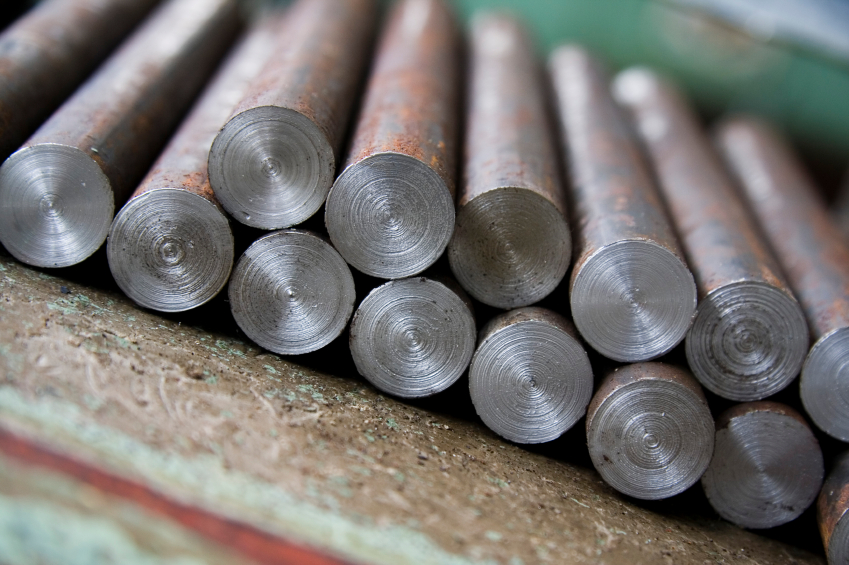CD Laboratory for Localized Corrosion
Head of research unit
Commercial Partner
Duration
01.05.2014 - 30.04.2015
Thematic Cluster

The mechanisms of the occurrence of localised corrosion on corrosion-resistant materials are investigated. This provides a fundamental understanding of the development processes of different types of corrosion and enables the development of materials with higher resistance.
Materials that form a protective layer against uniform corrosion are known as passive materials. These include chemically resistant steels, nickel-based alloys, titanium and aluminium alloys. If their protective layer fails, this can result in localised corrosion events. The processes that lead to the development of such localised corrosion are being investigated in detail.
An initial research focus is on the conditions that trigger a localised breakdown of the protective layer. Once this has been destroyed, various types of corrosion can occur. The focus here is on the different mechanisms that lead to this. In particular, those types of corrosion that are based on mechanical effects are analysed. These include stress corrosion cracking provoked by constant stresses and vibration corrosion cracking caused by cyclical stresses. However, erosion corrosion, which is caused by particle impact, is also a mechanically induced type of corrosion. Other areas of research include pitting corrosion - caused by chemical reactions, crevice corrosion - caused by geometric conditions, galvanic, selective and intercrystalline corrosion - caused by electrochemical differences in the material.
For selected corrosion systems (attack agent + material), data is determined that allows a better understanding of the actual corrosion processes. This data is also used to draw up Directives for the development of improved materials. In addition, remedial measures are developed to prevent or minimise the occurrence of localised corrosion or to help reduce the consequences.
The research activities provide a deeper understanding of different localised corrosion processes in passive materials. This serves as a basis for the optimised development of these materials and remedial measures in the event of corrosion.

Christian Doppler Forschungsgesellschaft
Boltzmanngasse 20/1/3 | 1090 Wien | Tel: +43 1 5042205 | Fax: +43 1 5042205-20 | office@cdg.ac.at

